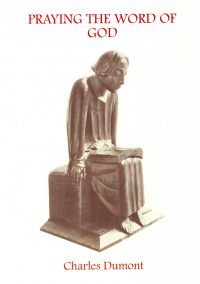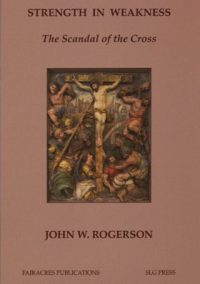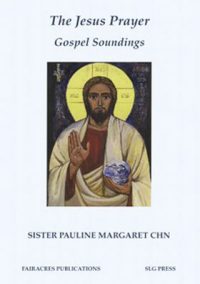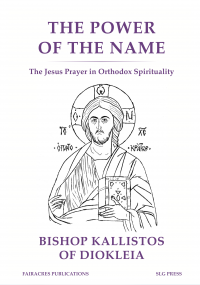Gabrielle de Coignard & Vittoria Colonna: Fly not too High
Translated by John Gallas
Like private prayers, the sacred sonnets of Gabrielle de Coignard (c. 1550–1586) and Vittoria Colonna (1492–1547) have long been soft utterances in a quiet corner of devotional literature. Bright expressions of faith amongst the problems and businesses of writing as women in sixteenth-century France and Italy, of illnesses, long widowhoods, personal grief and politics, these sonnets speak both passionately and practically about the trials and triumphs of living, and of living with faith. Translated by the award-winning Aotearoan poet, John Gallas.
Only logged in customers who have purchased this product may leave a review.
Author Bio
Gabrielle de Coignard lived in Toulouse. She married the parliamentarian Pierre de Mansencal in 1570, suggesting a date of birth shortly after the middle of the century. De Coignard’s marriage was apparently happy and the couple had two daughters. She was widowed fairly young and turned to a domestic and pious isolation, since the needs of her children precluded withdrawal into a convent, but she was consoled by the intellectual outlet of poetry and her deep faith. There was a hiatus of more than a decade between her death in 1586 and the posthumous publication by her daughters of her considerable collection of religious poetry, Œuvres chrestiennes de feue dame Gabrielle de Coignard, in 1595.
Click here to see all books by this author.
John Gallas is an award-winning Aotearoan poet now living in the UK. After attending the University of Otago he won a Commonwealth Scholarship to Merton College, Oxford to study Medieval English Literature and Old Icelandic. He is a Fellow of the English Association and author of thirty collections of poetryand eight collections of translations.
Click here to see all books by this author.
Vittoria Colonna (1492–1547) Colonna was parted from her husband, Fernando Francesco d’Ávalos, soon after their marriage and was widowed fairly young, at which time she withdrew to a convent in Rome as a permanent visitor, resisting all attempts by her family and even by the Pope to provide her with another husband. Colonna’s mourning features strongly in her poetry. She was a superb exponent of the Petrarchan sonnet, in which the concepts of loss and longing are paramount, material provided amply by her husband’s absence (including his lengthy imprisonment by the French from 1512) and his eventual death in battle in 1525. In her spiritual poetry, however, she moved away from the intensity of mourning for her husband, and began to write in a more positive vein, celebrating her faith in Christ, and her desire for religious reform.
Click here to see all books by this author.






Reviews
There are no reviews yet.